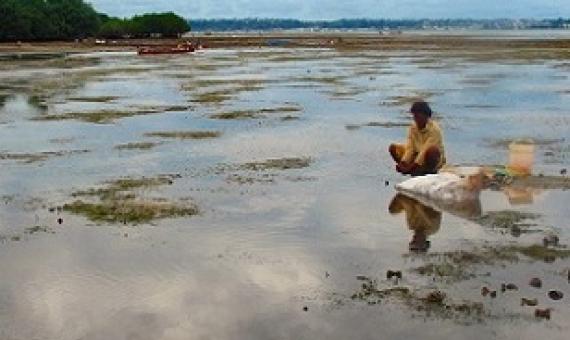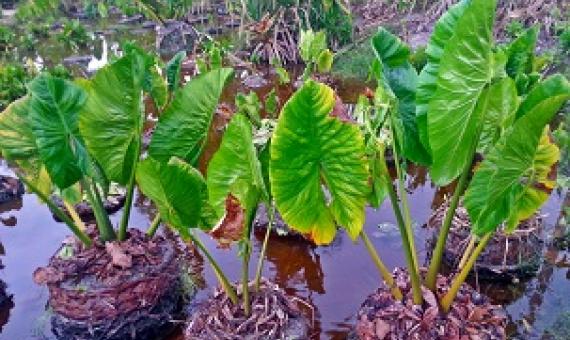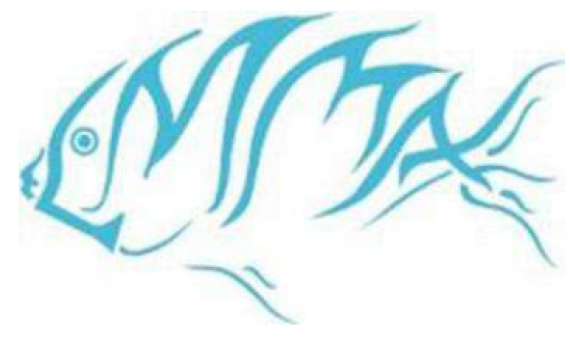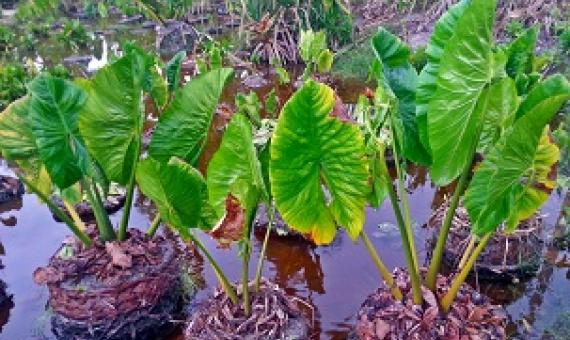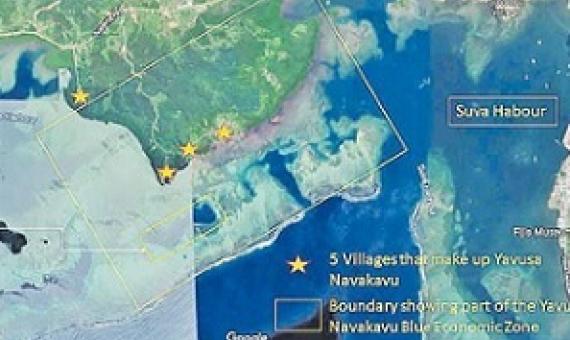A study found that Fijian communities engaged in the country’s locally managed marine areas network, known as FLMMA, exhibited strengths in the mechanisms believed to advance conservation efforts, such as community participation in decision-making and financial support.
National-level evaluation of a community-based marine management initiative
Community-based approaches to conservation and natural resource management are considered essential to meeting global conservation targets. Despite widespread adoption, there is little understanding about successful and unsuccessful community-based practices because of the challenges of designing robust evaluations to estimate impacts and analyse the underlying mechanisms to impact. Here we present findings from a national scale evaluation of the ‘locally managed marine areas’ network in Fiji, a marine community-based management initiative.
Pacific Islanders are no strangers to disasters. For millennia, island peoples have coped with and adapted to disasters like tropical cyclones and tsunamis, as well as unpredictable shifts in precipitation patterns, leading to droughts and floods.
Communities in the Lau Group of islands have initiated sustainable fishing practices, says Fiji Locally Managed Marine Area (FLMMA) sustainable finance officer Peniana Wainiu. This was made possible after numerous consultations through the Lau Seascape Initiative.
In Solodamu, a village on the craggy northern coastline of Fiji’s densely forested, sparsely populated Kadavu Island, Suliasi Lau looks back at the COVID-19 lockdown of early 2020 with a note of nostalgia. “It was a beautiful time,” he says.
Locally-Managed Marine Areas: A guide to supporting Community-Based Adaptive Management
This paper is designed primarily for coastal community members, leaders and supporting partner organizations to gain the knowledge and skills that they need to establish a successful locally-managed marine area (LMMA) with community-based adaptive management (CBAM). The paper is appropriate for people who are members of the community or highly familiar with it and has already been used in countries where LMMAs are established. The four phases are thoroughly explained:
Five culturally protected water body practices in Fiji: Current status and contemporary displacement challenges
Community-based natural resource management in Oceania has its roots in culturally protected water body(CPWB) practices. However, CPWBs in Fiji have been under-researched regarding what practices exist, and the extent to which they are currently practiced. Archival research and interviews with 201 individuals across Fiji’s189 districts revealed five CPWB types. Conception, Meconium, and Circumcision CPWBs are at risk of practice cessation, while Chiefly investiture and Funerary, have 15% and 42% actively practicing districts, respectively.
Multibiomarker responses to polycyclic aromatic hydrocarbons and microplastics in thumbprint emperor Lethrinus harak from a South Pacifc locally managed marine area
To determine the baseline threat of microplastics and polycyclic aromatic hydrocarbons (PAHs) in an important seafood fish from Vueti Navakavu locally managed marine area, a multi-biomarker risk assessment was conducted on the thumbprint emperor fish Lethrinus harak...In this multi-biomarker approach, the observation of pollutants presence and histopathological injuries are considered biologically relevant from a toxicological perspective and serve as a baseline for future pollution studies in seafood fishes in Fiji, with site differences and the inclusion of fish species compariso
The development arm of the people of Navakavu, in the district of Suva and the UNDP-GEF Small Grants Programme (SGP) recently entered into a grant agreement to establish a Blue Economic Zone – a sustainable development strategy aligned to the Blue Economy, SDGs and the Government of Fiji’s Develo
